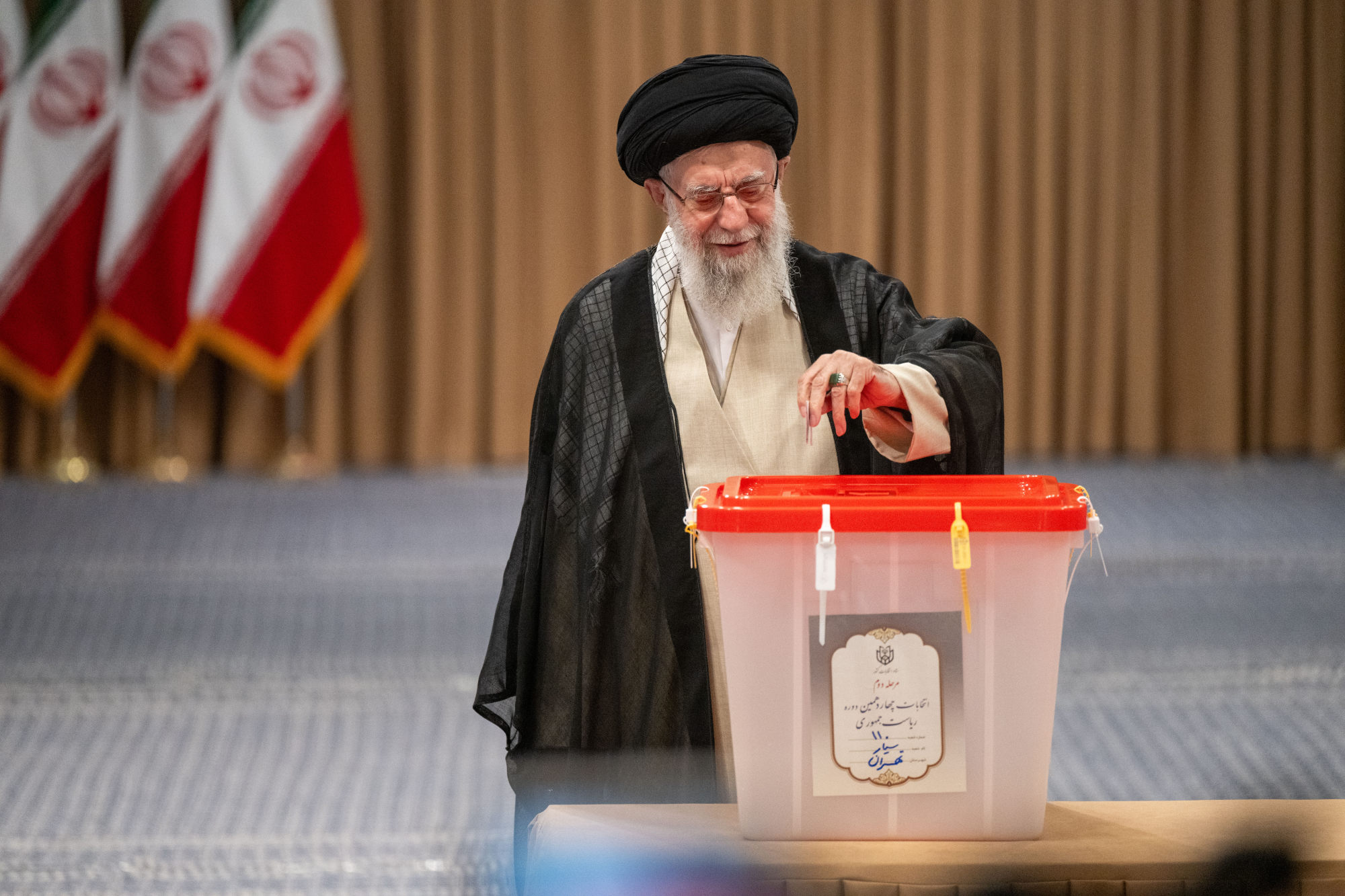China eyes Iran’s nuclear policy shift under new reformist president
China is carefully observing Iran’s nuclear program in light of the recent election of President Masoud Pezeshkian, a reformist leader promising a diplomatic shift.
Pezeshkian’s victory, which saw him defeat the preferred candidate of Iran’s conservative establishment, is seen as a potential opportunity for renewed engagement with the West, which might impact the nuclear discourse, Caliber.Az reports per foreign media.
Pezeshkian’s election victory reflects public support for his promise to re-engage diplomatically with Western nations and address the issues stemming from severe international sanctions. His win was publicly acknowledged by Supreme Leader Ali Khamenei’s top diplomatic adviser, Kamal Kharrazi, who expressed confidence in Pezeshkian’s approach to resolving Iran’s international challenges with "dignity and authority."

Analysts suggest that Pezeshkian’s administration might undertake tactical adjustments to the nuclear program, such as slowing uranium enrichment and permitting international inspections, which could facilitate renewed talks with European powers on the 2015 Joint Comprehensive Plan of Action (JCPOA).
This potential shift aligns with China’s interests in fostering stable relations with nations that maintain constructive engagements with the West.
China is positioned to benefit from a stable Iranian policy environment as it seeks to balance its strategic interests amidst growing tensions with the US. Beijing has a vested interest in ensuring that Iran remains a viable partner while avoiding the pitfalls of sanctions and international isolation.
China has been a key player in regional diplomacy, notably brokering the March 2023 deal that restored diplomatic relations between Iran and Gulf states.
Despite the current geopolitical climate, there are significant challenges to deepening the China-Iran Comprehensive Strategic Partnership (CSP) Agreement signed in 2021. Frustration over the slow progress of Chinese investments and the geopolitical complexities of the Iran-West dynamic have been sources of tension.
President Xi Jinping’s recent assurances to Pezeshkian reflect China’s intent to navigate these complexities and bolster relations despite existing challenges.
The outcome of the upcoming US presidential election will be crucial for the future of nuclear negotiations. A potential re-election of President Joe Biden could reopen dialogues on the nuclear deal, influencing both Iran’s and China’s strategic decisions. Until then, China aims to maintain a supportive role in Iran’s regional influence while managing its own strategic interests.








